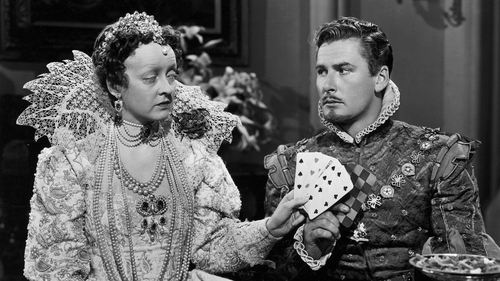

In 1939, Anderson and Weill began work on another musical, to be titled Ulysses Africanus however, they never found a black actor suited to the lead role, and the show was never completed.

Years later, Judy Garland adopted another tune from the show, "It Never Was You," as a regular part of her repertoire. Thanks in part to a recording by Frank Sinatra, "September Song" became a pop standard, covered by countless singers and jazz instrumentalists alike. Anderson wrote the book and lyrics, and although the play was a decent-sized success, its "September Song" proved to have a life far beyond its source. Their first effort was Knickerbocker Holiday, a historical musical set in the time when New York was still the Dutch colony of New Amsterdam. In 1938, Anderson teamed up with the recently emigrated composer Kurt Weill, who'd fled to New York in the face of Nazi persecution, and sought out the city's top playwrights in search of collaborators. He repeated the latter feat in 1936 with High Tor.

He won the Pulitzer Prize for 1933's Both Your Houses, and the New York Drama Critics Circle Award for the highly successful and acclaimed contemporary tragedy Winterset, which was based on the Sacco & Vanzetti trial. Retooling his approach to establish himself, he scored a hit by co-writing the WWI comedy What Price Glory in 1924, and returned to drama for another success, 1927's Saturday's Children later, he also returned to verse dramas with the first of many historical plays, 1930's Elizabeth the Queen and 1933's Mary of Scotland. His first play, White Desert, was a contemporary verse tragedy that opened in 1923 to little response. He taught there briefly, then worked as a journalist and editorial writer for several newspapers and magazines. He graduated from the University of North Dakota in 1911, and completed his master's degree at Stanford three years later. His father worked as a traveling minister, and thus his schooling was split between several different states.

Anderson was born in Atlantic, PA, on December 15, 1888. Maxwell Anderson is far better known as a playwright than a composer, but his collaborations with German-born composer Kurt Weill added several classic standards to the popular song lexicon.


 0 kommentar(er)
0 kommentar(er)
